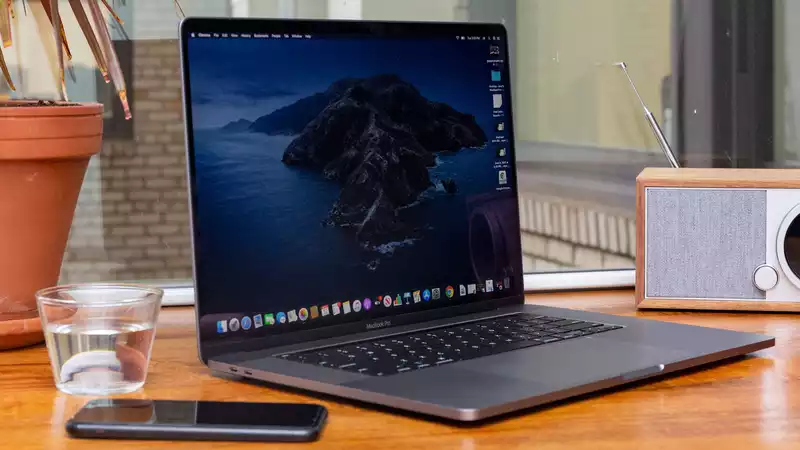New benchmarks of Apple's Mac mini Developer Transition Kit, powered by Apple's own ARM-based chip, have leaked, hinting at future performance.
The new Geekbench 5 benchmark was spotted by 9to5Mac and shows a multi-core score of 4,555 and a single-core score of 1,098 for the A12Z Bionic chip driving the Developer Transition Kit.
Not surprisingly, this is on par with the iPad Pro 2020, which uses the same chip. And Geekbench 5 records this result as that of the iPad Pro. However, the mention of 16GB of memory indicates that the results are actually from the Mac mini test kit.
The benchmark is on par with the iPad Pro, but it is the first benchmark to show how Geekbench 5 performs when applied natively to the Developer Transition Kit. Previously leaked results were provided using virtualization via Apple's Rosetta 2 emulator, which may compromise overall performance results.
Running Geekbench 5 natively on Apple's ARM-based chips provides more impressive results and gives an idea of the kind of performance that can be expected from macOS running on the Apple Silicon.
The 13-inch MacBook Pro with Intel Core i5 chip has a Geekbench 5 multi-core test score of 4,296 and a single-core test score of 1,107, while the ARM-based Mac mini produces close results.
It is also worth noting that the Developer Transition Kit is merely a tool for developers to port their applications from the x86 architecture to ARM's RISC architecture, hence the standard A12Z Bionic system-on-a-chip It is worth noting that the standard A12Z Bionic system-on-a-chip has been adopted. Once the first true Apple Silicon chip-equipped Mac machines appear, we can expect to see more powerful chips that can take advantage of the large power consumption and space requirements of, for example, the MacBok Pro.
The first Mac machines with Apple Silicon are expected to have 12 cores, eight of which will be for performance and four for less demanding applications, with custom GPUs on the chip. If developers can get their apps to run efficiently on the ARM architecture, we could see powerful MacBooks and iMacs that no longer rely on Intel chips to deliver great performance.
The first Apple silicon machines are expected to appear this year, perhaps in the form of the new MacBook Pro. And more are expected in 2021. Apple's iPhone 12 may be an exciting phone, but Apple Silicon may be the biggest thing to come out of Cupertino this year.










Comments